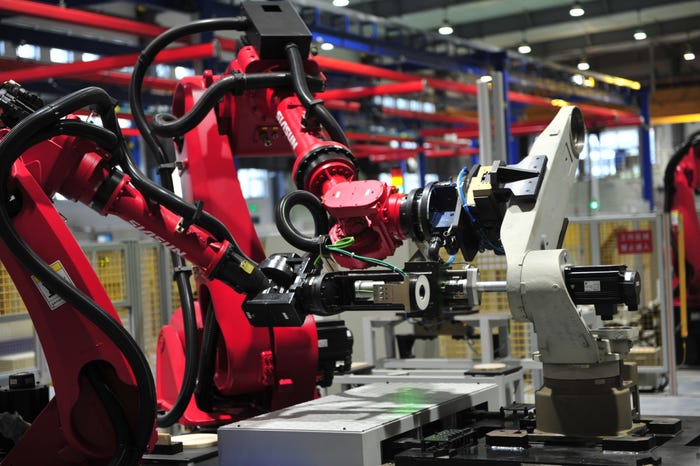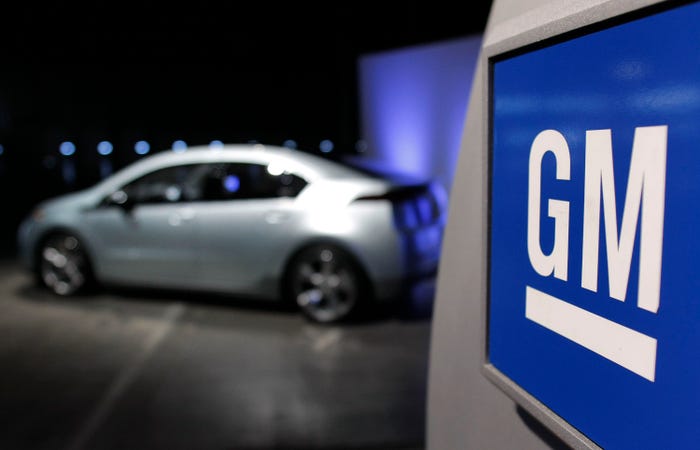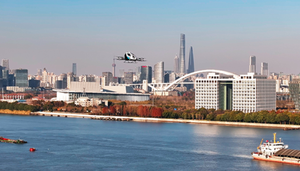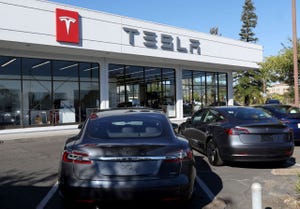Driverless Cars Can’t Be Ticketed in CaliforniaDriverless Cars Can’t Be Ticketed in California
California’s anomaly on driverless cars highlights the need for autonomous vehicle regulation

Cruise self-driving taxis were accused of all sorts of misdemeanors while operating in San Francisco last year before the company suspended operations nationwide – but who got a ticket when they flouted the rules of the road?
Well, no one did actually, because of the specifics of California state law. The regulations in the Golden State only permit tickets to be written and issued if there is an actual human driver in the car.
And that’s a problem when autonomous vehicles (AVs) in San Francisco – which became a key hub for both Cruise and still is for Waymo – were reported causing congestion in city streets, running red lights and blocking first responders.
As the NBC Bay Area investigative unit has reported, this anomaly has prompted concern with law enforcement. NBC claimed to have seen an internal memo from San Francisco Police Chief Bill Scott which advises officers that “no citation for a moving violation can be issued if the [autonomous vehicle] is being operated in a driverless mode.”
Scott added: “Technology evolves rapidly and, at times, faster than legislation or regulations can adapt to the changes.”
In contrast, AVs have received parking citations in California because they were stationary at the time.
California’s approach is not replicated elsewhere, highlighting the need, perhaps, for a more joined-up approach across the United States in terms of how AVs are treated in the eyes of the law.
In Arizona, for example, where Phoenix has emerged as a hotbed for self-driving taxi testing and services, legislation has moved more swiftly.
Its laws say: “[A] fully autonomous vehicle is capable of complying with all applicable traffic and motor vehicle safety laws of this state and the person who submits the written statement for the fully autonomous vehicle may be issued a traffic citation or other applicable penalty if the vehicle fails to comply with traffic or motor vehicle laws.”
Similarly, in Texas, where Austin, Dallas and Houston have hosted self-driving taxi testing, the owner of an AV is considered the operator, “regardless of whether the operator is physically present in the vehicle while the vehicle is operating.” This makes them liable to be cited.
As well as causing issues in terms of how laws are enforced, the situation is causing headaches for automakers keen to roll out automated tech.
Mercedes, for example, is offering its highly automated “hands off, eyes off” Level 3 Drive Pilot feature on production cars in Nevada and California, where it has received approval to do so.
But as executive George Massing admitted in an interview with Road and Track: “I would expect that, here in the United States, some other states may adopt the rules that will be applied by pioneer states like California and Nevada. But we will probably have to deal with each individual state because of the way you guys are organized as a country.”
The issue is not unique to the U.S. Until recently China has left regulation largely to local authorities, but late last year it moved to issue a set of national safety guidelines that will form the basis of a national regulatory framework for AVs in public transit, including self-driving taxis.
About the Author
You May Also Like








